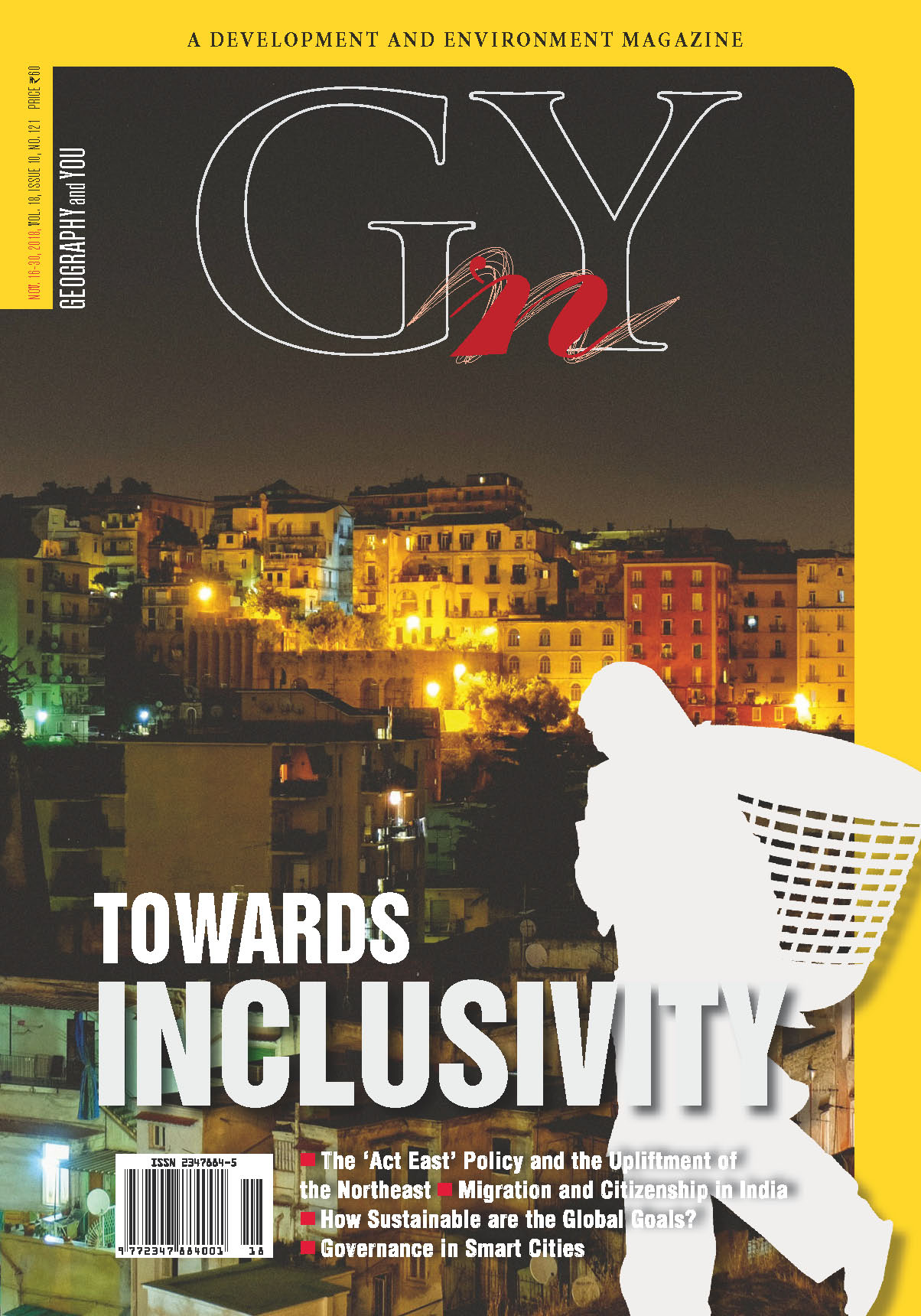
Expert Panel
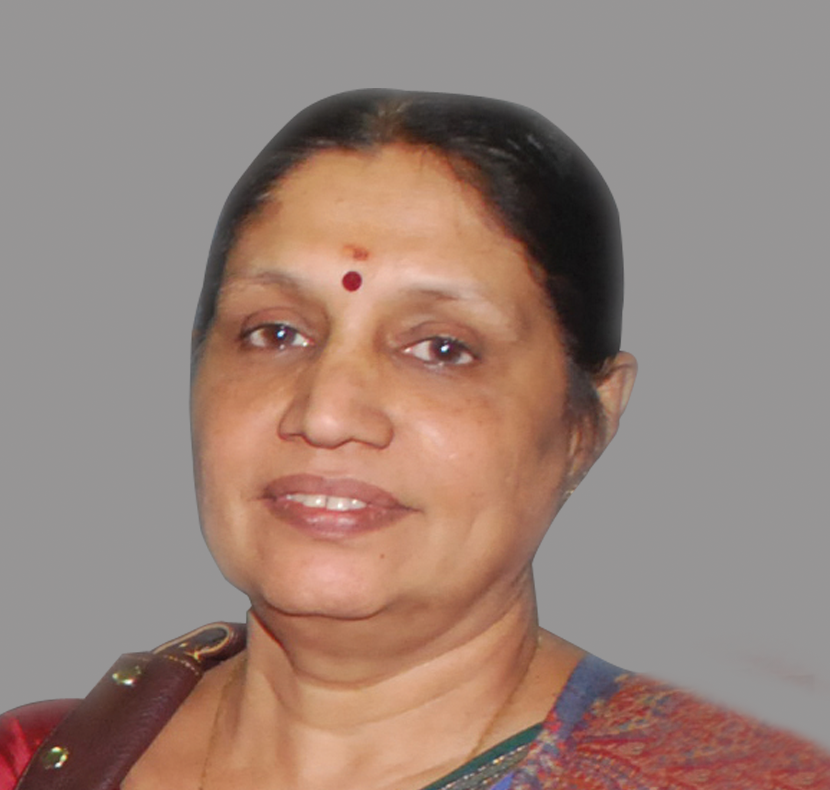
Former Chairperson, National Biodiversity Authority, Chennai.
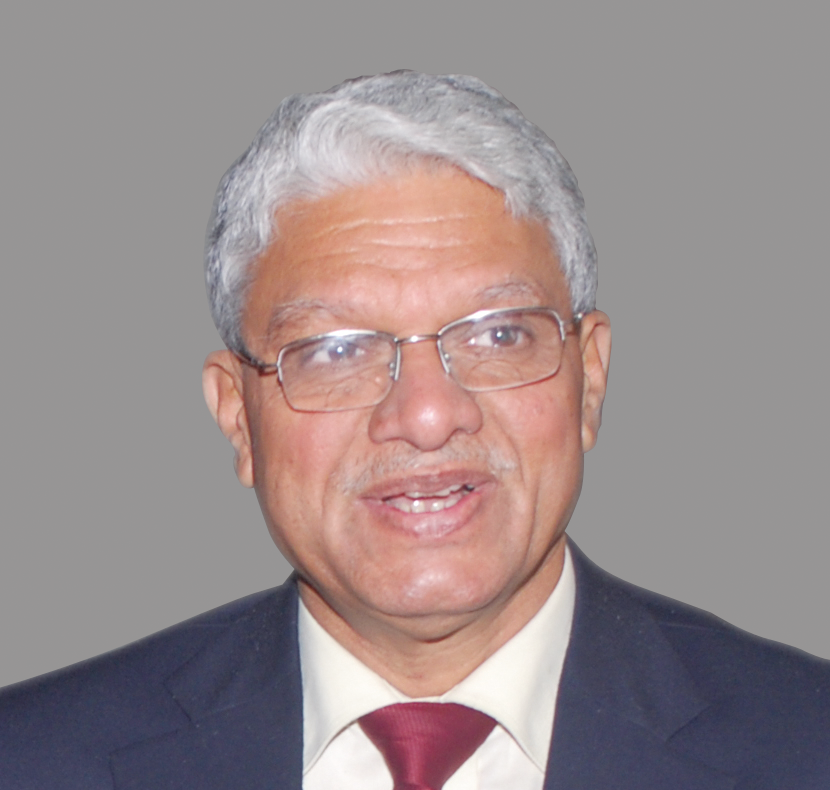
Air Vice Marshal (Retd) Former DG, India Meteorological Department (IMD), New Delhi
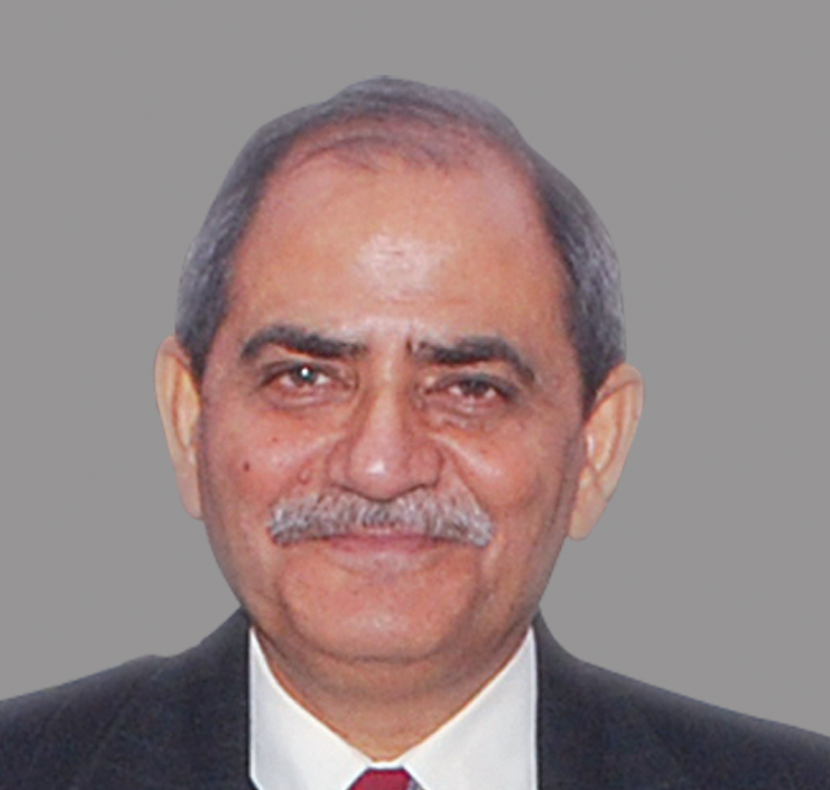
Geologist and Secretary General, 36 IGC, New Delhi.
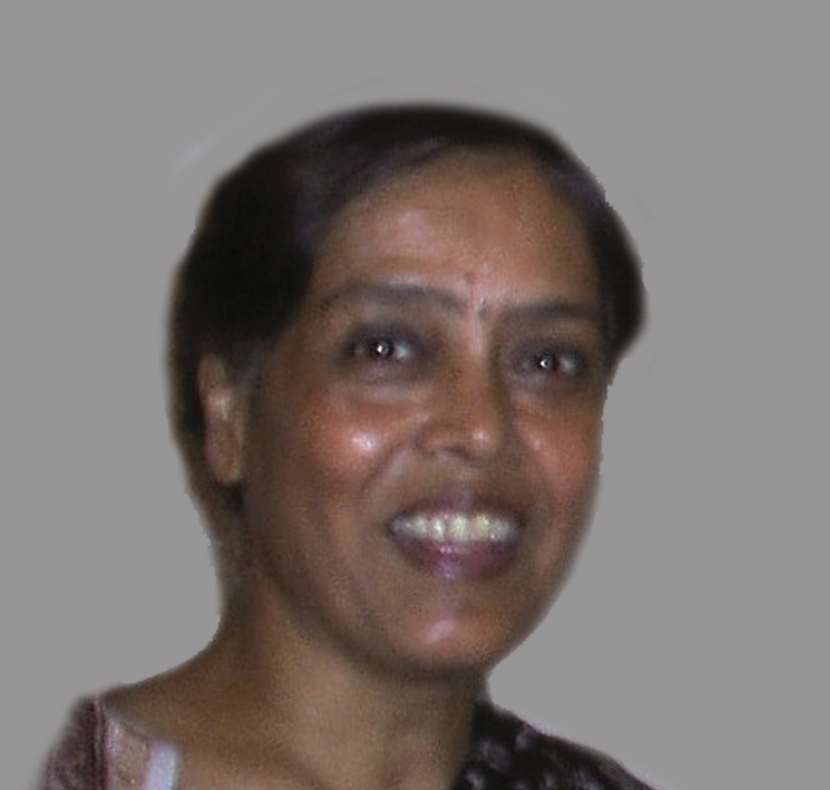
Former Professor, CSRD, Jawaharlal Nehru University, New Delhi.
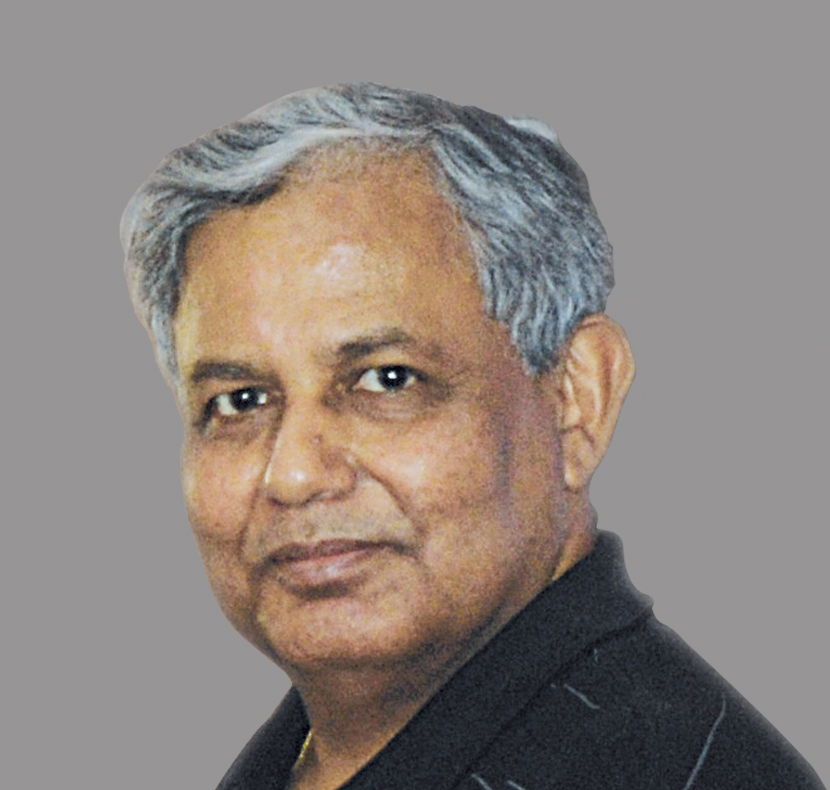
Former Vice Chancellor, MG Kashi Vidyapeeth, Varanasi
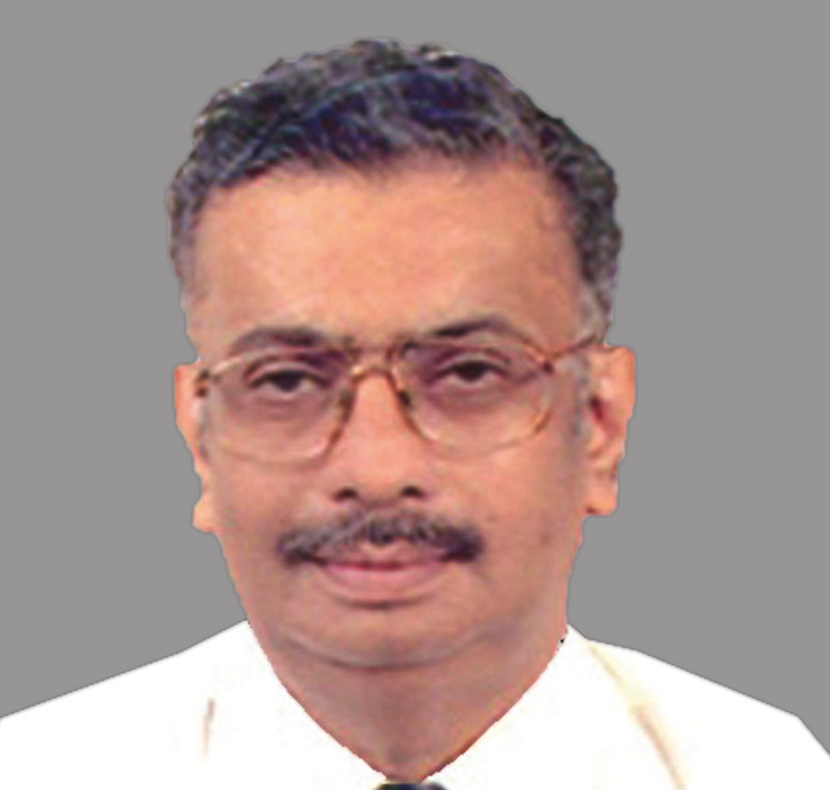
Former Member Secretary, Central Pollution Control Board, New Delhi.
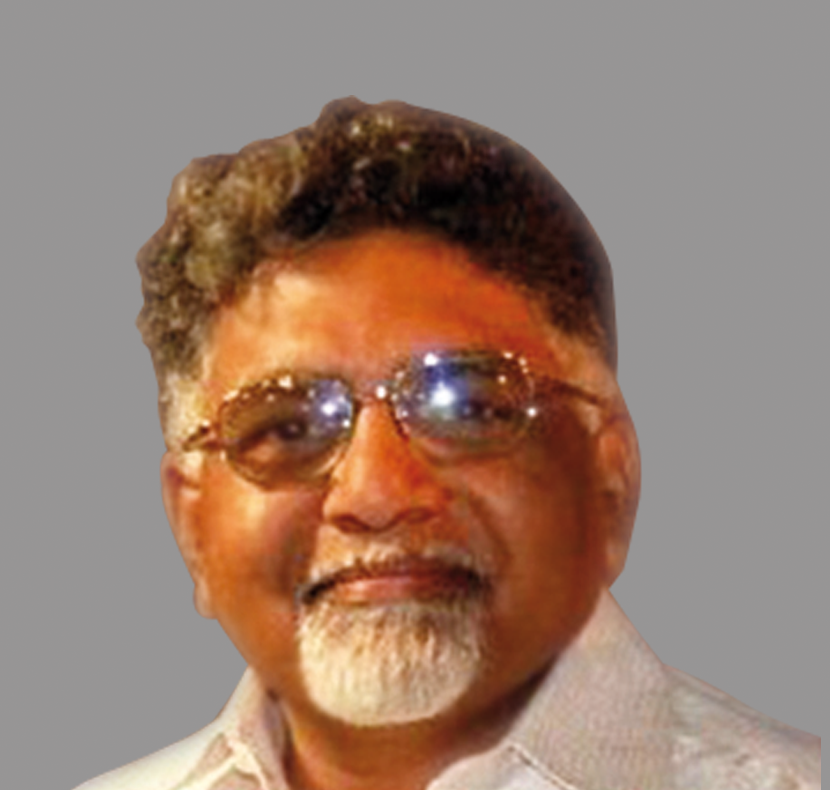
Former Professor, Jawaharlal Nehru University, New Delhi

Chief Executive, ACRA, Noida, Uttar Pradesh.
Inside this issue
INCLUSIVITY
Assam is the first state in the country where the National Register for Citizens has been re-prepared after 1951, on the basis of legacy data from the 1971 electoral rolls. Tracing back to such antiquity is indeed a challenge for many.
The Indian government, through its Act East Policy, is committed to improve its relationship with the Association of Southeast Asian Nations (ASEAN) through market operations. The northeastern states of India are likely to reap huge benefits from this.
Sustainable Development Goals, alternatively known as Global Goals or the Global Agenda for 2030, would soon complete three years. These goals are set on a mission of wider inclusivity.
The essence of ‘Smart’ cities has been manifested in India through the rubric of e-governance. Through several phases of screening, 100 cities have been chosen for development. With the Smart City Mission underway, there is great scope for different quarters to contribute to sustainable and inclusive urban development.
Higher education which is crucial for streamlining knowledge and building skills for economic prosperity, needs to have equal access and equal opportunity irrespective of cultural and social affiliations.
GEO-TECHNOLOGY
Land use is a complex and dynamic phenomenon and the changes in its pattern are attributable to human activities. The current rate of land degradation, especially in forest ecosystems, can be easily detected, mapped and sustainably managed by using GIS and remote sensing tools. Land use-land cover mapping also helps assess the regenerative status of forests.
AAI FEATURE
Aviation is the fastest growing sector in India’s transport industry. It is estimated that Asia’s aviation market will be larger than the combined markets of Europe and North America in the near future (IATA, 2018). As the aviation sector grows, safety measures associated with airports should remain the topmost priority for the authorities concerned.
IN CONVERSATION WITH
Jean Dreze, Professor, Department of Economics, Ranchi University, speaks with G’nY about inclusiveness, growth, development, women’s workforce participation and other socio-economic issues in the context of India.
In brief
What is inclusion in the context of development? Well, it is definitely not a new idea—academicians and policy makers have alluded to it when espousing the cause of non-segregated schooling system and building inclusive practices in schools in the US way back in the 1900s. Inclusion has moved a lo
